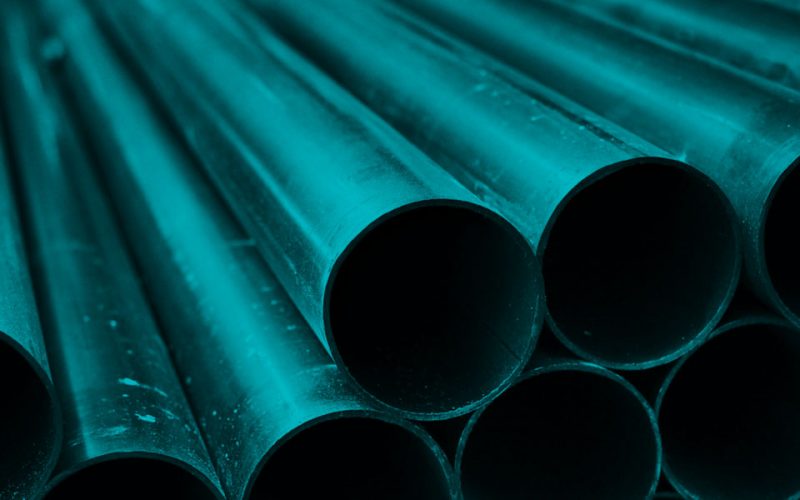Pipes are used mainly for transportation of fluids and gases like water, oil, gas, propane etc. Therefore, the outside and inside diameter is the key measurement and pressure rating is important. Pipes are always round and rigid(which is the main difference between tubes and pipes). It cannot be shaped easily without the use of a special equipment. In addition, they are usually seamless and pressure rated to avoid leakages as they usually carry liquids or gases. Pipes need to be painted or coated to anti corrosion or oxidation for outdoor field transporting or underground transporting.
The wall thickness of a pipe is referred to as a pipe schedule thickness. The most common pipe schedules are:
- SCH20
- SCH40 (most common)
- SCH80 (quite heavy)
Pipes are usually made of carbon steel or low alloy steel. Some widely used steel pipe standards or piping classes are:
- The API range – now ISO 3183. E.g.: API 5L Grade B – now ISO L245 where the number indicates yield strength in MPa
- ASME SA106 Grade B (Seamless carbon steel pipe for high temperature service)
- ASTM A312 (Seamless and welded austenitic stainless steel pipe)
- ASTM A36 (Carbon steel pipe for structural or low pressure use)
- ASTM A795 (Steel pipe specifically for fire sprinkler systems)
We are Steel Available, an online supplier relationship management and sourcing platform connecting suppliers and buyers from the heavy industry. We are developing the first ecosystem in the heavy industry, which allows clients to efficiently manage and automate their supply chains using web-based tools and services. Our goal is to reduce the hidden risk in value chains by providing the information that matters, from compliance to quality assurance, creating value for all stakeholders.
To get more information you can download our brochure.







